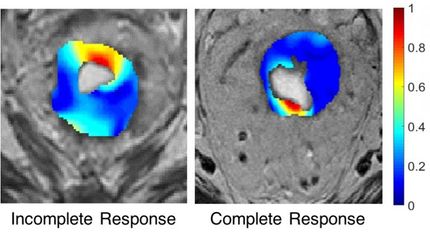'Trojan Horse' particle sneaks chemotherapy in to kill ovarian cancer cells
Advertisement
A common chemotherapy drug has been successfully delivered to cancer cells inside tiny microparticles using a method inspired by our knowledge of how the human immune system works. The drug, delivered in this way, reduced ovarian cancer tumours in an animal model by 65 times more than using the standard method. This approach is now being developed for clinical use.
The research was funded by, among others, the Biotechnology and Biological Sciences Research Council (BBSRC) Follow-on Fund - funding for 'proof of concept' at the very early stage of turning research outputs into a commercial proposition - and carried out at Queen Mary, University of London. The study will be published in Biomaterials.
Dr Davidson Ateh, who worked on the research at Queen Mary, University of London and set up the start-up company, BioMoti, that will develop the technology for clinical use said "It's like we've made a re-enactment of the battle of Troy but on the tiniest scale. In Troy, the Greeks fooled the Trojans into accepting a hollow horse full of soldiers – we've managed to trick cancer cells into accepting drug-filled microparticles."
Dr Ateh and colleagues found that by coating tiny microparticles of around a hundredth the diameter of a human hair with a special protein called CD95, they could in fact trigger cancer cells into ingesting these particles. Not only that, but the particles could deliver a dose of a common chemotherapy drug called paclitaxel.
The key to their success is that CD95 attaches to another protein called CD95L, which is found much more commonly on the surface of cancer cells than it is on normal healthy cells. Once attached, the cancer cells ingest CD95 and the microparticle with it. Inside the cell, the microparticle can unload its chemotherapy cargo, which kills the cell to reduce the size of the tumour.
Dr Ateh added "Other researchers had already noticed that cancer cells may use this CD95-CD95L arrangement to avoid being destroyed by the immune system, which is why they display more CD95L than normal cells. We've managed to turn this to our advantage and hijack the cancer cell's own trick-of-the-trade to get our 'Trojan Horse' through the gate."
The researchers are now advancing these studies and BioMoti is seeking to attract larger and established pharmaceutical companies to partner the technology, dubbed OncoJanTM in reference to the earlier Trojan horse, for the clinical development of new treatments in specific types of cancer.



























































